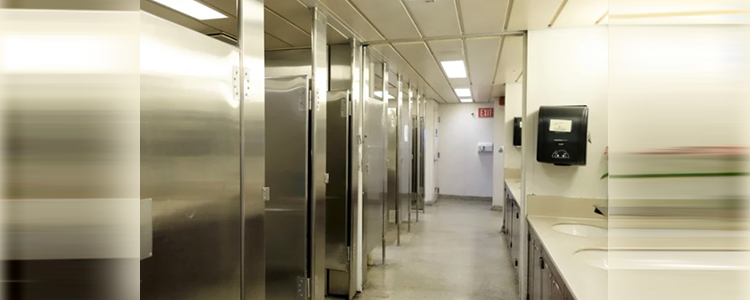By Stan Matthews
County Communications Program Manager
(Originally posted on March 14)
After much deliberation the San Juan County Council [on March 10] authorized County staff to begin three steps toward raising money to keep the County’s solid waste utility afloat:
1) Prepare to sell bonds to pay down a portion of the utility’s rising debt and fund state-required capital improvements to its transfer stations.
2) Move forward with plans to transfer the Utility’s interest in a tract of land on Beaverton Valley Road and a closed land fill on Lopez to the County’s Equipment Rental and Revolving fund, to produce some cash and reduce the Utility’s responsibility for debt.
3) Proceed with an ordinance establishing a $15 minimum charge for dropping off garbage at any of the County’s transfer stations.
Additionally, the Council said that it would declare the utility’s need to proceed with capital improvements to meet Department of Ecology requirements to be an emergency. That could speed up the bidding and acquisition process for work at the San Juan County Transfer station.
The solid waste utility has seen its income plummet with the economic downturn. Faced with increased costs for planning a replacement transfer facility on San Juan Island and moving forward on projects to meet regulatory requirements, it has built up a $700,000 debt and is staring a cash flow crisis in the maw.
[On March 10] County Public Works Director Jon Shannon presented the Council with four options for keeping the solid waste system operating, three of them involved maintaining the current level of service; the fourth would close transfer stations on two of the three islands. (Shannon’s outline of the options is available here. )
By a head nod, the Council indicated that reducing service by consolidating the transfer stations would be a last resort.
Instead Council members indicated a preference for presenting an as-yet undefined revenue proposal to the voters in the fall election and, in the meantime, implementing the strategy of the property exchanges, borrowing and temporary fee increases to keep the utility functioning until the will of the voters is known.
Until [early March], it appeared that the Council might assess a flat utility fee against land parcels in the County; however prosecutor Randall Gaylord issued a memo advising against that, saying recent case law could make such an approach vulnerable to legal challenge. Today he added that while an operating levy could be voted in by the electorate, it would have to be reauthorized by voters each year, making it essentially impractical.
[The March 10] Council decisions were only preliminary. New fees, including any minimum drop off fee, must be adopted by ordinance after a public hearing. Council Members also indicated that they will seek public input and conduct additional discussion and deliberations before advancing a tax proposal to put on the primary or general election ballot.
**If you are reading theOrcasonian for free, thank your fellow islanders. If you would like to support theOrcasonian CLICK HERE to set your modestly-priced, voluntary subscription. Otherwise, no worries; we’re happy to share with you.**







